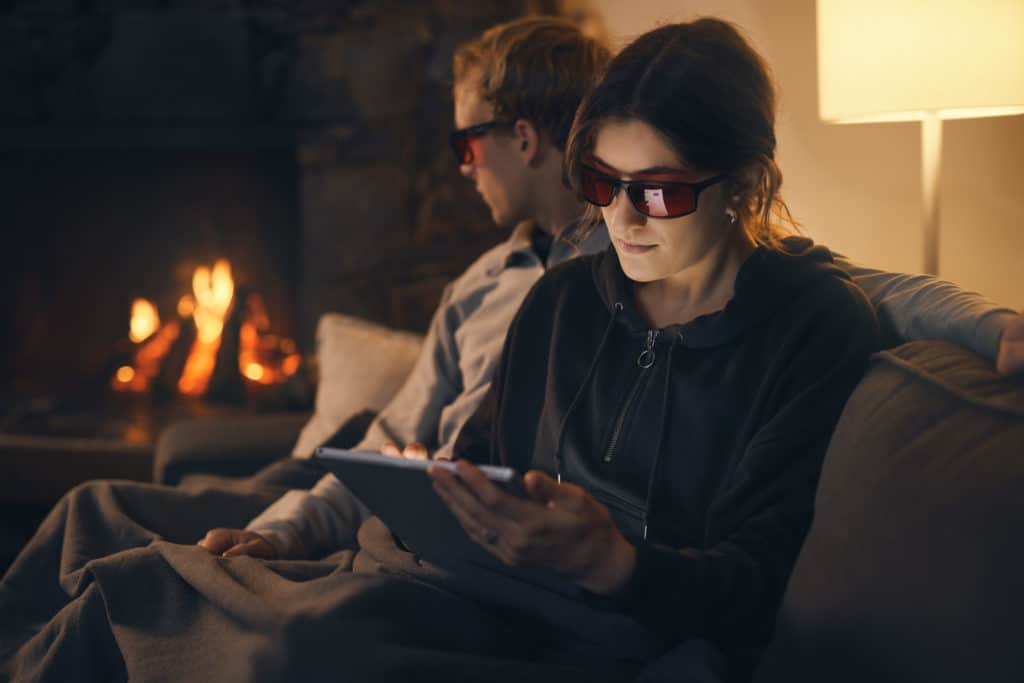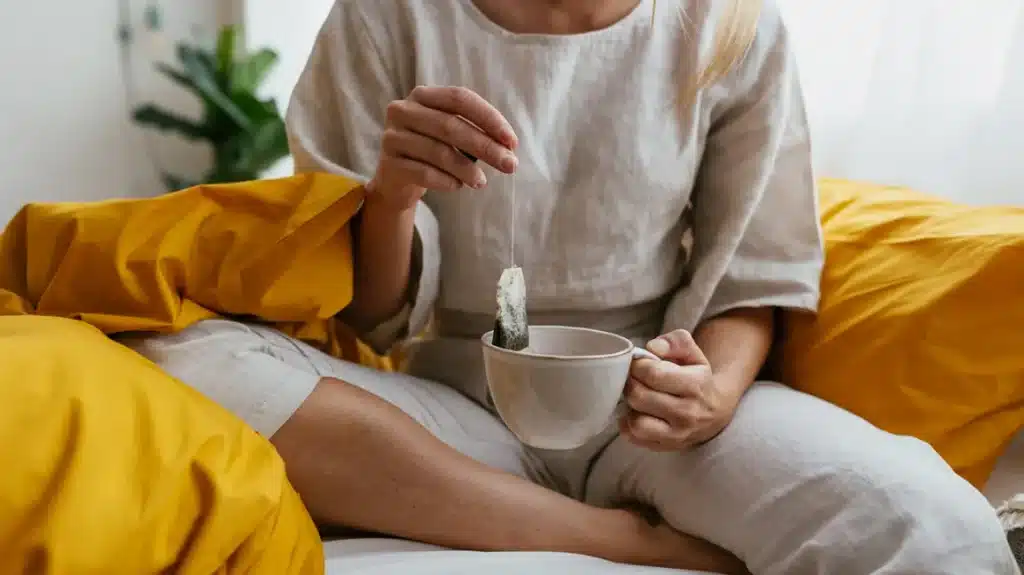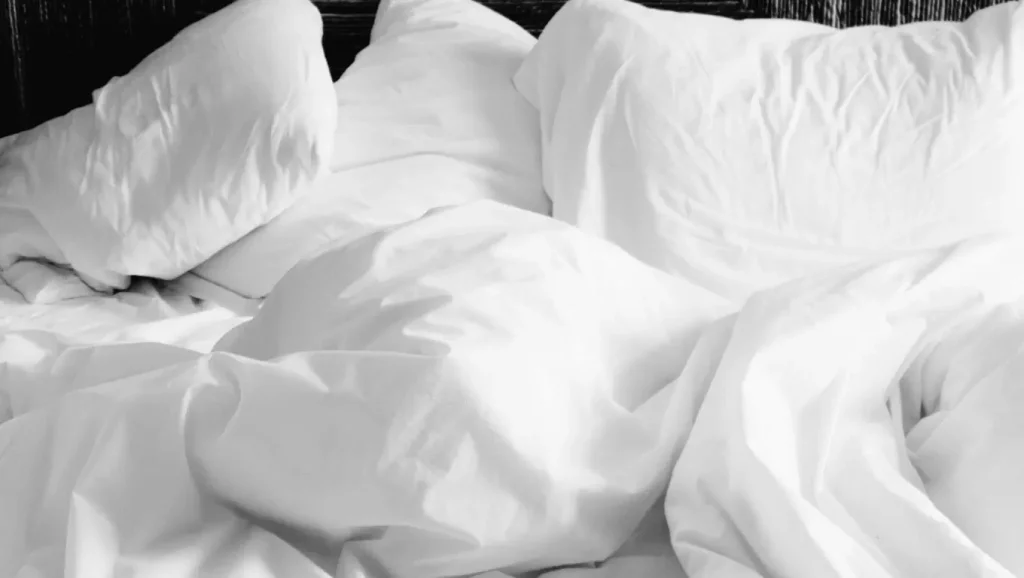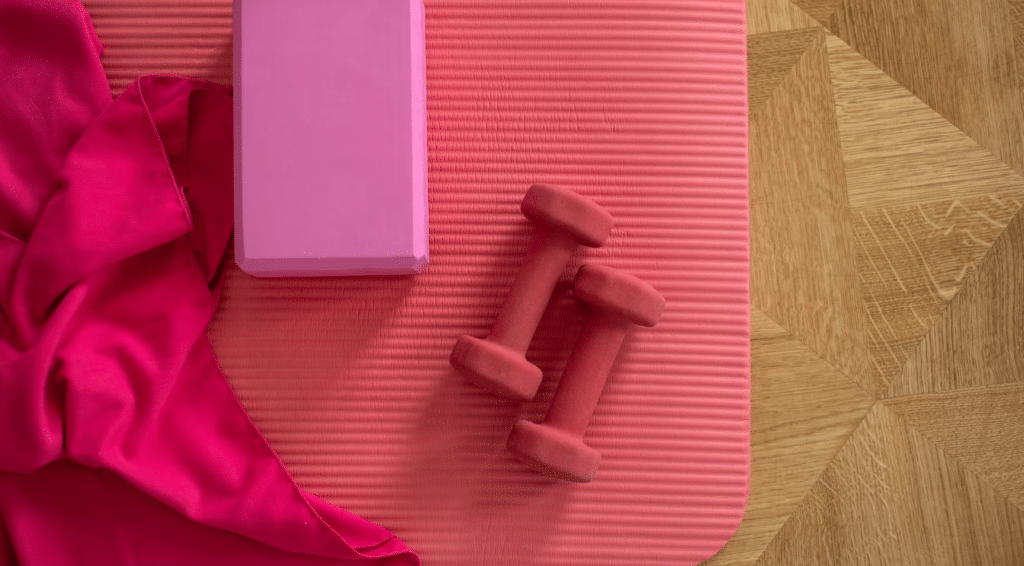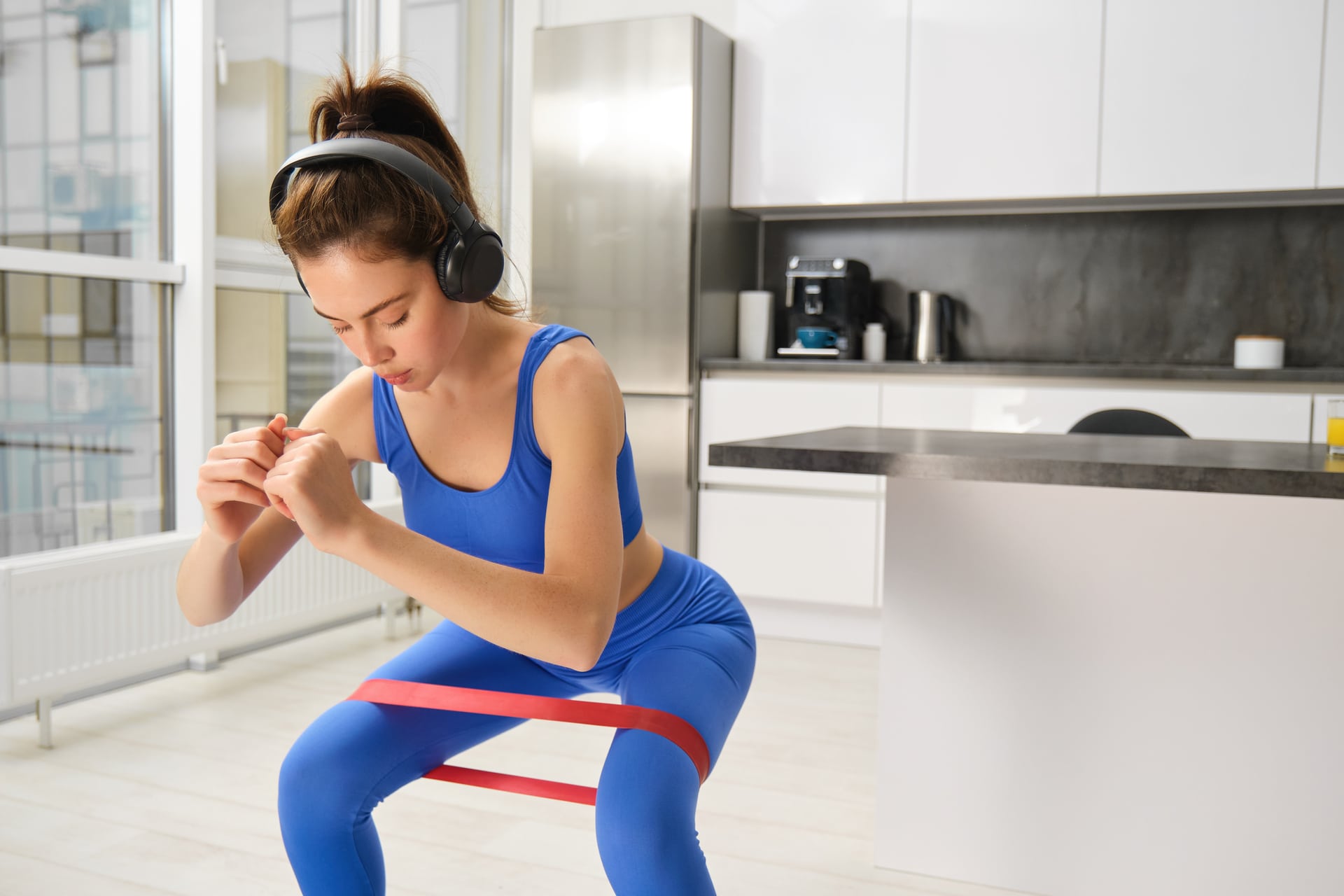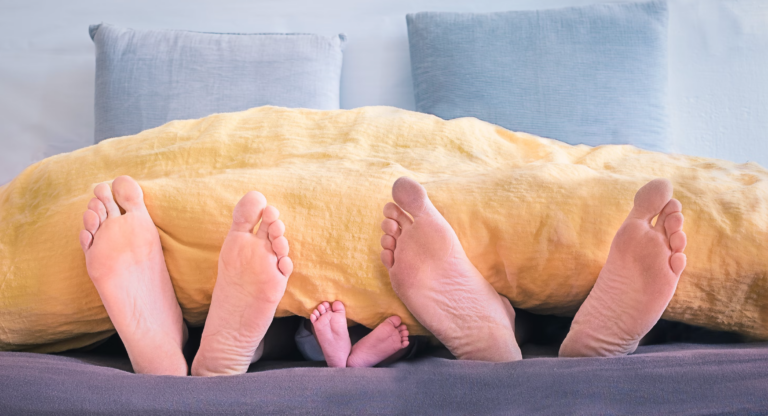
The battle of the sexes has a new skirmish to settle: sleep inequality. While some studies point to evidence that women need a larger quantity of sleep than men, including one conducted at the Loughborough University’s Sleep Research Center, the biggest issue is that the quality of women’s sleep tends to be lower.
So low, in fact, that women in a Centers for Disease Control and Prevention study reported feeling very tired or exhausted most days or every day. About 15 percent of women told government surveyors that they felt worn out compared with only 10 percent of the men.
What’s happening to the quality of women’s sleep?
Several factors are at play, including hormones, which heavily impact sleep/wake cycles. Not only do hormones fluctuate over the course of each month, but also over the course of a woman’s lifetime, such as during pregnancy and menopause. These continuous hormonal fluctuations often negatively affect sleep quality.
According to research published in the Journal of Women’s Health, women are also 40 percent more likely to have insomnia and twice as likely to experience anxiety or depression, which also can have a detrimental effect on sleep.
When you don’t get enough sleep, or your sleep quality is low, this can significantly negatively impact your health. Poor sleep is linked to an increased risk of type II diabetes [*], cardiovascular disease, and obesity [*]. Just one night of poor sleep can impair insulin sensitivity in healthy people [*].
How to Get Better Sleep
When sleep quality is low and a full night of deep, restorative sleep is not achieved, any person, regardless of gender, will feel tired. There are several factors that influence sleep quality. Here are a few to consider.
Light
Light influences your sleep in many ways. For starters, we’re inundated with junk light from screens and indoor lighting all day long. It really messes up our natural circadian rhythm and dysregulates our sleep/wake cycle. Using blue light blocking glasses, such as Dave Asprey’s TrueDark glasses, blocks junk light, giving you deeper sleep and more energy. Select frames are now 20% off through Mother’s Day (while supplies last).
You’ll also want to dim the lights in your home as you get closer to bedtime, avoid digital screens at least an hour before bed, and use blackout curtains in your bedroom to eliminate any outdoor light that might be streaming in from the moon or streetlights.
TIP: Place tape over any little lights in your bedroom, such as those found on electronics or alarm clocks, and consider sleeping with a sleep mask.
Diet
Another factor that influences sleep quality is your diet, especially the foods you eat or liquids you drink a few hours before bed. Sugar-loaded foods, caffeinated beverages, alcohol, refined carbohydrates, and large servings of meat will cause your digestive system to work in overdrive all night, which will trash your sleep. Drinking too much liquid before bed can also interrupt your sleep if you’re having to constantly get up to go to the bathroom.
TIP: Cut off all food intake about four hours before bed and limit liquids (such as water) at least two hours before you go to sleep.

Stress
For some of us, turning our thoughts off at night is easier said than done. Our mind can make it hard to fall asleep and stay asleep. If you’ve got a monkey mind, consider doing a mental download right before bed. Take out a journal or piece of paper and write down everything that’s running through your head. These could be tasks that need to be done, things you want to remember or issues that are causing you stress.
Take a few moments to make a plan for these items the next or following days. Give your brain the comfort of knowing that all these random thoughts are safely compiled in one place so there’s no need to wake you up all night to remind you.
TIP: Another nightly practice that has been known to increase nocturnal anxiety is creating gratitude lists. A study in the Journal of Psychosomatic Research found that feeling grateful helps people sleep better and longer. Orienting your mind toward things that you appreciate and ways that life is good can evoke a sense of peace and calm.
Consider also doing a sleep-focused meditation, such as a yoga nidra, which can activate your parasympathetic nervous system and induce deep relaxation.
Temperature
Being too hot (or too cold) in bed can make it difficult to fall and stay asleep. One of the physiological signals our bodies use for sleep is the body’s core temperature, which should dip as we drift off to sleep. This thermoregulation is disrupted if our sleep space is too warm.
TIP: Keep your sleeping space cool (around 68 degrees) or consider using temperature-regulated bedding such as Chili Sleep. Go Use code ASPREY10 for 10% off Dock Pro.
Routine
Having an erratic sleep schedule will make it difficult for your body to naturally ease into sleep on a regular basis. When you give it consistent cues through your routine, including getting into bed at the same time every night, your body will naturally transition you into your sleep cycle. But if it never quite knows when bedtime is, your body won’t be able to reliably initiate your physiological sleep aids, such as increasing melatonin as bedtime approaches.
TIP: A good bedtime routine can involve more than simply choosing a regular time to get into bed. In fact, you can begin to onboard your sleep a few hours before ‘lights out’ by integrating some relaxing bedtime rituals, such as having a warm bath, turning down the lights, and listening to soft music. Consider also breathing exercises, meditation or reading a book that’s not overstimulating, all of which can help transition your mind and body into a deeper sleep state.
Take the 14-Day Sleep Challenge
Learn to hack your sleep with Dave Asprey’s 14-Day Sleep Challenge. This course includes daily sleep videos, plus you’ll receive coupons and discounts for products that are going to help you sleep better.
Enroll for free today
NOTES
Sleep Research Centre: https://www.lboro.ac.uk/research/phc/monthlyupdates/2020/sleep-sci/
Determinants of fatigue and stress: https://www.ncbi.nlm.nih.gov/pmc/articles/PMC3148561/
CDC: https://www.cdc.gov/mmwr/preview/mmwrhtml/mm6214a5.htm?s_cid=mm6214a5_w
Gratitude: https://www.sciencedirect.com/science/article/abs/pii/S0022399908004224
